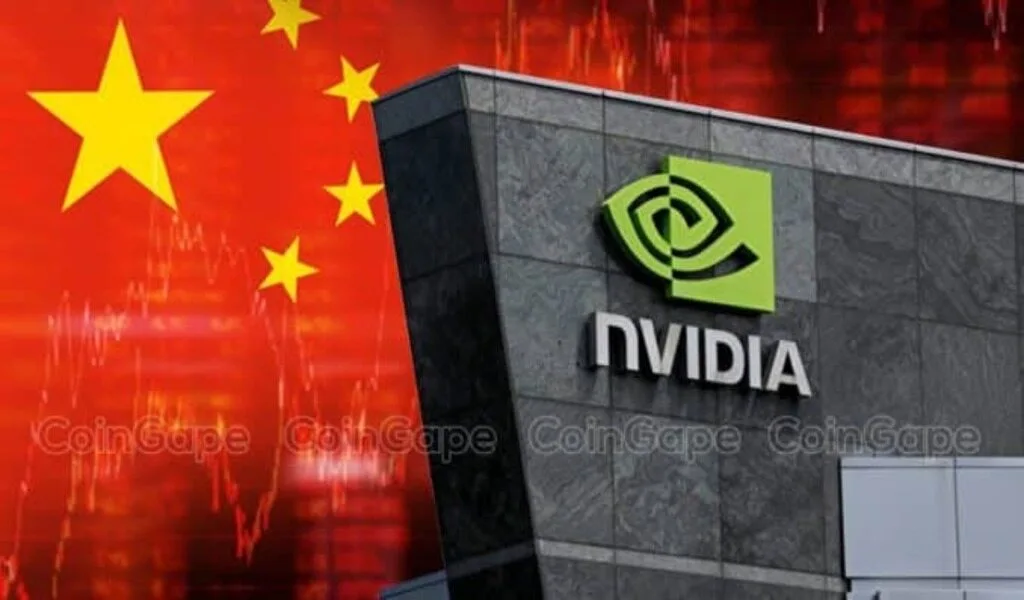(CTN News) – Chinese military entities, state-owned AI research centers, and universities have bought Nvidia chips banned by the U.S. for export.
China’s access to advanced AI chips isn’t completely cut off by the U.S. These sales show the challenges. This is a concern for the U.S. because these chips are critical to AI and high-end military computers.
NVIDIA and the Chinese military deal
Despite the U.S. ban on AI chips, advanced U.S. chips can be bought in China. As a result, public tender documents show a lot of Chinese companies buying Nvidia chips.
The A100 chip and the more powerful H100 chip will be banned from China and Hong Kong in 2021. Additionally, Nvidia’s A800 and H800 chips, developed for the Chinese market amid restrictions, were banned last October.
Nvidia has been approached by prominent buyers, like elite universities and export-restricted entities. Reuters says the Harbin Institute of Technology and the University of Electronic Science and Technology of China are among them.
Aside from that, these entities have been accused of being involved in military matters or affiliated with military bodies that aren’t in the interest of the U.S.
Nvidia GPUs are also widely recognized as superior for AI. They’re efficient at processing big data. Chinese firms have no satisfactory alternatives to the banned AI chips, so they keep buying them. Consequently, products are expected to be less developed than those from local companies like Huawei.
Regulatory concerns are a big deal in the U.S.
After U.S. curbs, Nvidia AI chips are going underground in China. These markets are where Chinese vendors buy excess chips or import them through companies incorporated locally in places like India, Taiwan, and Singapore. Nvidia says it complies with export control laws, and it will take action if customers resell it illegally.
On one hand, Nvidia’s spokesperson said, “If we learn that a customer made an illegal resale to third parties, we’ll take immediate action.”
On the other hand, U.S. authorities are working hard to close loopholes in export restrictions. So they’re trying to limit access to chips for Chinese companies outside China. Still, experts argue it’s impossible to get watertight export restrictions on small chips despite these efforts.
SEE ALSO:






